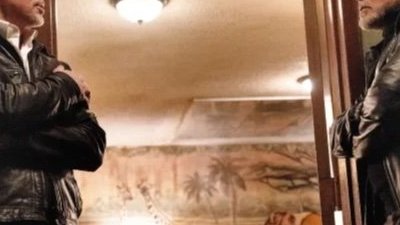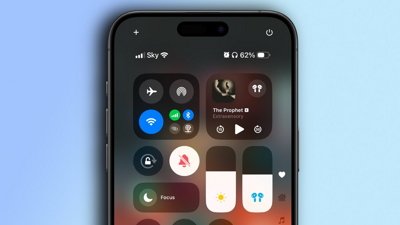Apple this week made a pair of moves designed to shore up its legal footing in the ongoing battle with the FBI, formally objecting to the Central District of California's order to unlock the San Bernardino iPhone and bringing that court's attention to the pro-Apple decision handed down in New York on Monday.
In the first filing, attorneys for the iPhone maker indicated that the formal objection was being lodged "in an abundance of caution." The two-page document — which follows a more substantive motion to vacate submitted last week — was signed by lead attorney Ted Boutrous.
Apple subsequently filed a "notice of supplemental authority," amending that earlier motion to include a ruling by New York Magistrate Judge James Orenstein that the All Writs Act cannot be applied in the manner the FBI wishes.
"In In re Order, Judge Orenstein considered the government's application under the All Writs Act ("AWA") for an order compelling Apple to unlock the passcode on an iPhone running an older version of iOS, a request far less burdensome than the order sought here," the notice reads. "Judge Orenstein denied the government's request."
Apple specifically cited Judge Orenstein's assertions that such an interpretation would "upend[] the separation of powers," imply an "implausible intention [by Congress] to confer essentially unlimited legislative powers on the judiciary," and impose no "principled limit on how far a court may go in requiring a person or company to violate the most deeply-rooted values to provide assistance to the government the court deems necessary."
The California case is likely to take years to wind its way through the court system, presuming that the U.S. Congress does not create a legislative remedy in the interim. Members of the House Judiciary Committee indicated during a Tuesday hearing — in which Apple general counsel Bruce Sewell gave testimony — that they would almost surely wait for the justice system's resolution before proceeding with any such legislation.
 AppleInsider Staff
AppleInsider Staff








 Amber Neely
Amber Neely
 Charles Martin
Charles Martin

 Sponsored Content
Sponsored Content

 Malcolm Owen
Malcolm Owen
 Oliver Haslam
Oliver Haslam
 Andrew O'Hara
Andrew O'Hara







5 Comments
I really hated how that one rep was grilling Sewell for legislation to pass. Whose job is it again to make legislation? A big corporation, or a representative in Congress?
I'll have to think about that one for a few minutes.
Apple specifically cited Judge Orenstein's assertions that such an interpretation would "upend[] the separation of powers," imply an "implausible intention [by Congress] to confer essentially unlimited legislative powers on the judiciary," and impose no "principled limit on how far a court may go in requiring a person or company to violate the most deeply-rooted values to provide assistance to the government the court deems necessary."
The California case is likely to take years to wind its way through the court system, presuming that the U.S. Congress does not create a legislative remedy in the interim. Members of the House Judiciary Committee indicated during a Tuesday hearing — in which Apple general counsel Bruce Sewell gave testimony — that they would almost surely wait for the justice system's resolution before proceeding with any such legislation.Let me get this straight: Members of the House Judiciary Committee of the U.S. Congress indicated that 'they would almost surely wait for the justice system's resolution to — accoridng to Judge Orenstein— 'confer essentially unlimited legislative powers on the judiciary' and would provide no "principled limit on how far a court may go …." Meaning that Congress is waiting for the Judicial Branch to become the de facto Legislative Branch. Great! May as well just have the judges create, execute and adjudicate the laws and get rid of Congress and the Presidency in the process! (Extreme amounts of sarcasm intended.)